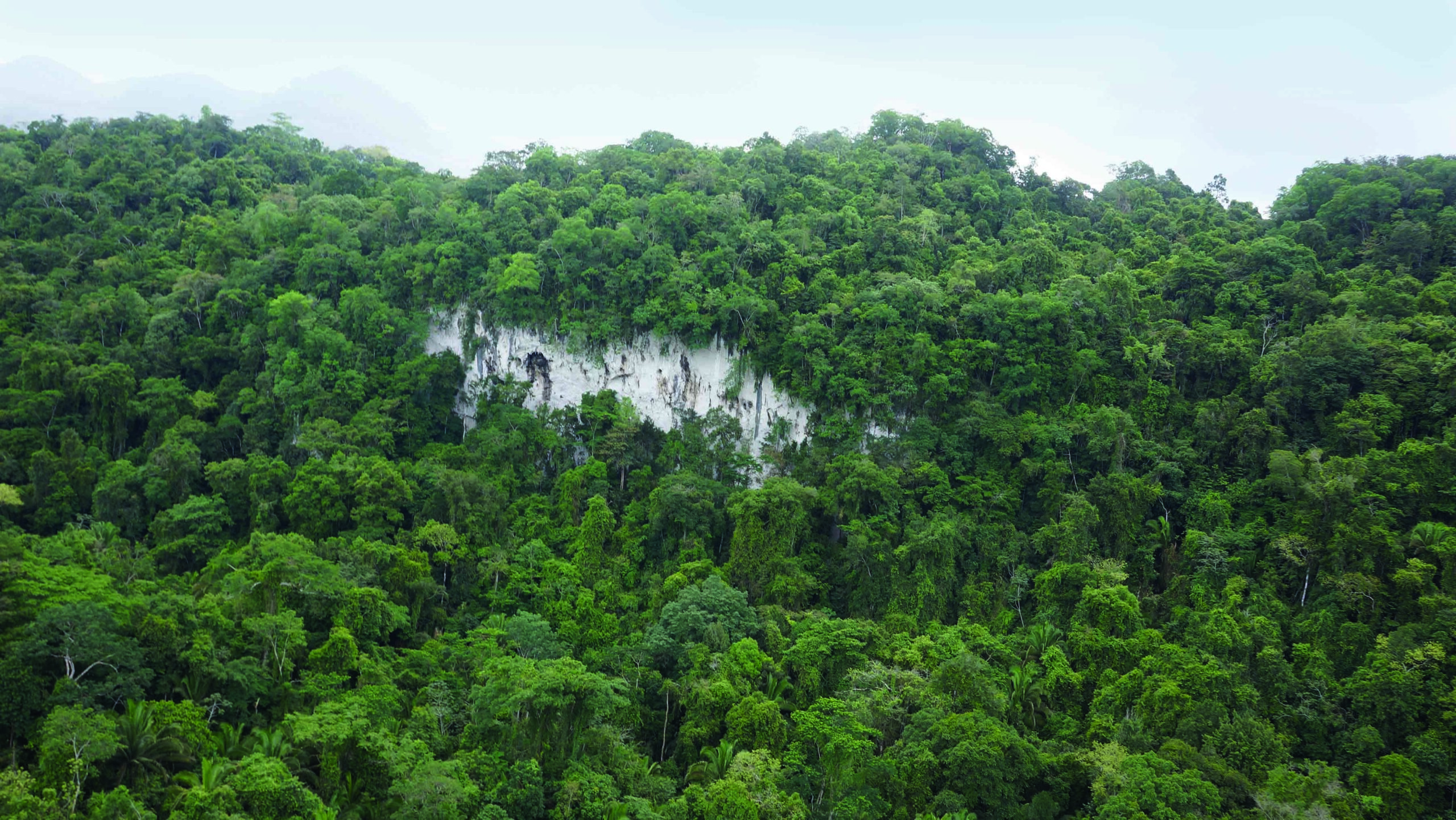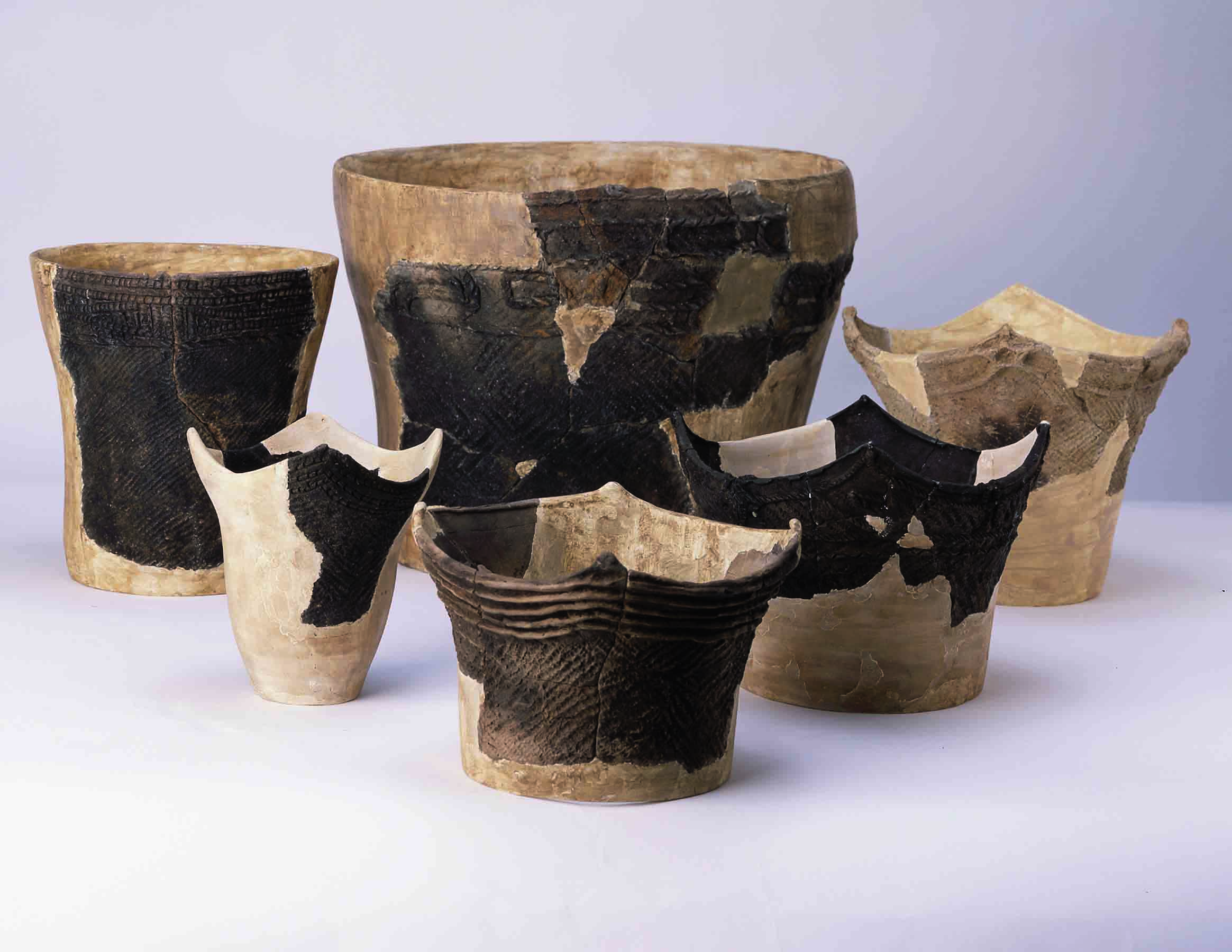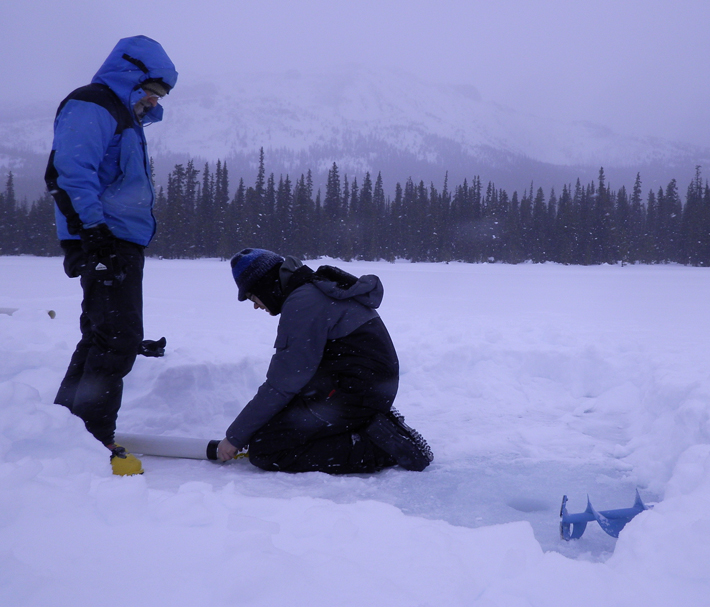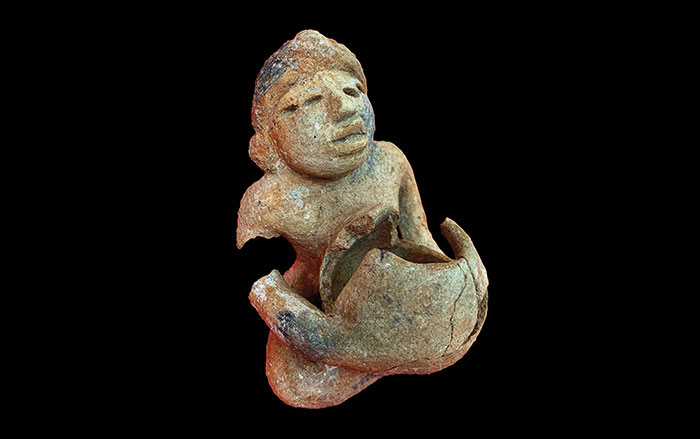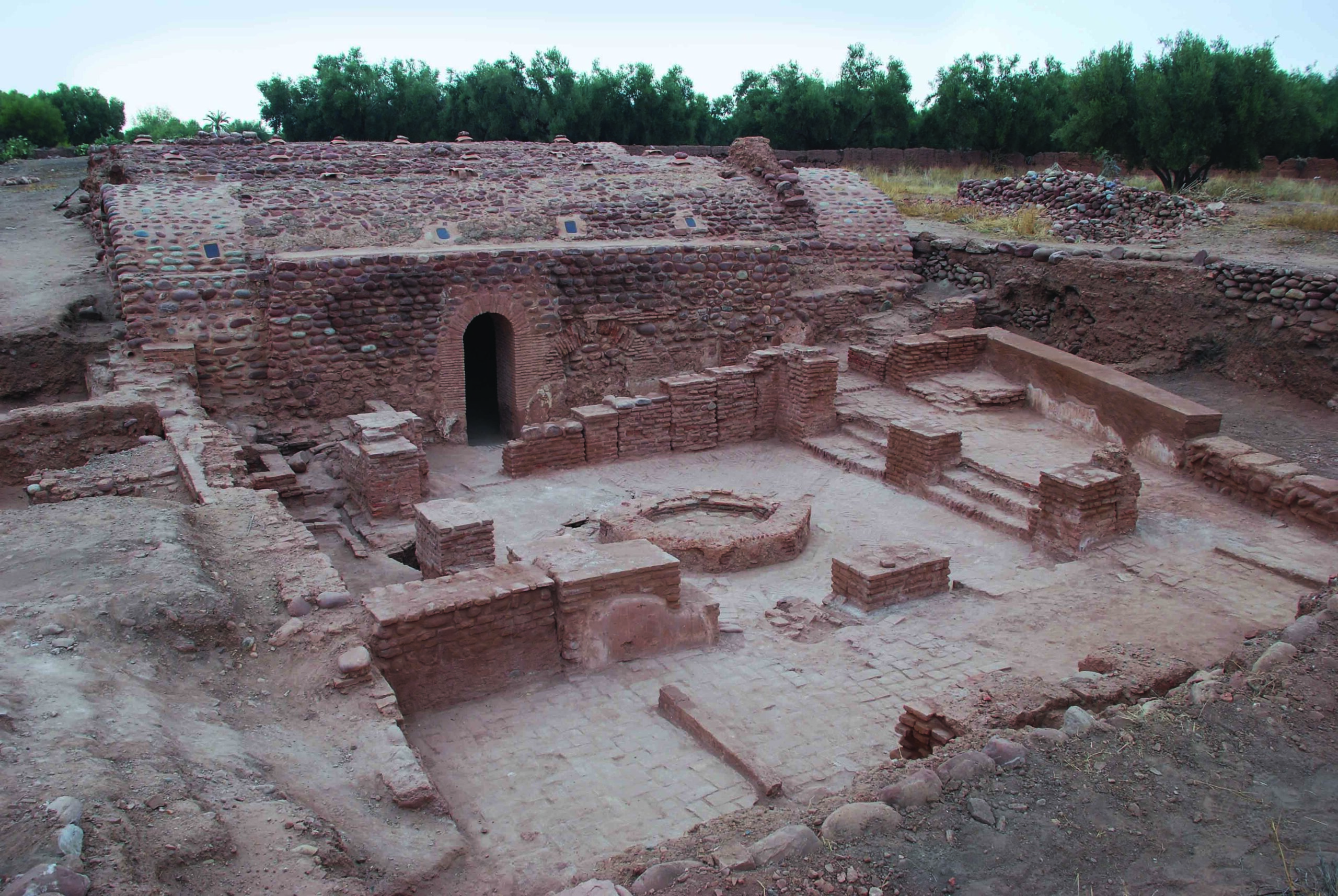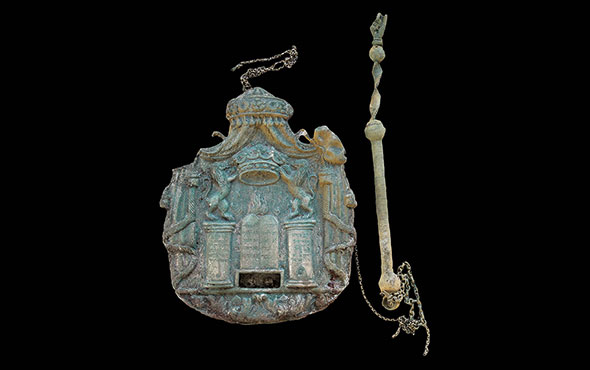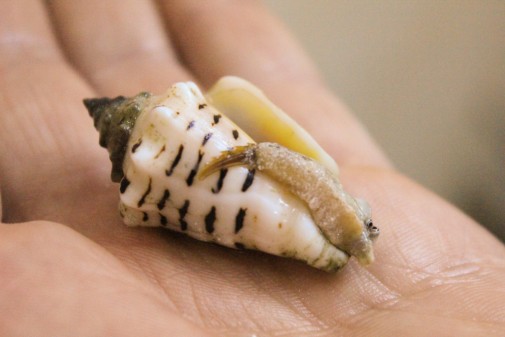
YORK, ENGLAND—According to a statement released by the University of York, migrants moving from Africa to Arabia some 5,000 years ago may have traveled along a now-submerged Red Sea coastline and survived by eating marine mollusks. It had been previously thought that drought conditions would have hampered the movement of hunter-gatherers, but researchers led by Niklas Hausmann found millions of shells at Saudi Arabia’s Farasan Islands and determined that Conomurex fasciatus would have been widely available and was collected year-round by prehistoric fishers. To read about people of the Saladoid culture foraging for mollusks in the Caribbean, go to "Putting Dinner on the Table."


